We recently connected with Jon McFarland and have shared our conversation below.
Jon, looking forward to hearing all of your stories today. Let’s kick things off with a hypothetical question – if it were up to you, what would you change about the school or education system to better prepare students for a more fulfilling life and career?
This is a very loaded and complex question. As a teacher educator, I tend to approach this topic from an educational advocate’s perspective grounded in equity and inclusion. Our political and social climates are so intertwined with our beliefs on how to educate our kids today, and everyone has an opinion on how our educational system should be run. Many people have gone through the K-12 educational system as students and believe that is enough to dub them experts on how the system should be without ever spending time on the other side of the educational coin as educators. Additionally, there are those who push for anti-LGBTQ+ discriminatory policies that negatively affect our teachers by limiting educators’ ability to support their students with scientifically sound, accurate, and inclusive curricular information.
Within the last decade, our LGBTQ+ youth have been experiencing an increasingly high attack on their rights as human beings in the United States. According to the Human Rights Campaign (2023), there have been almost 600 anti-LGBTQ+ bills introduced to legislation with 220 of them specifically targeting transgender and non-binary youth. The number of anti-LGBTQ+ legislation that has passed is now over 70 with more on the rise. Our queer youth are directly feeling the sting of discrimination and hatred in the very institutions that are meant to protect them–our schools. In hopes of preparing our students for a fulfilling life and career, educators need to be the voice for those youth who are finding theirs in this tumultuous climate where politics inserts itself into the schooling of our children. I believe it starts with greater awareness at the level of teacher preparation. However, this is not an easy task as I have found out.
When I started as an Assistant Professor of Teaher Education at California State University Stanislaus in 2018, there was little to nothing in terms preparing pre-service teachers to understand the challenges LGBTQ+ youth face in K-12 schools or how to best support this population of students. Several factors played into this lack of curriculum in our teacher preparation program including no prior queer faculty representation with a lack of knowledge on LGBTQ+ issues and being in a generally conservative geographical area. As perhaps the first openly queer faculty in our Department of Teacher Education, I knew that our pre-service teachers needed help in this area because I was once that queer kid in school who became a queer high school teacher for 16 years and is now a queer teacher educator.
All youth thrive when presented with equitable and inclusive opportunities to be their authentic selves and explore their full potential as individuals and contributing members of society. Educators have a unique opportunity to foster that student growth by cultivating a culture of C.A.R.E (i.e., an acronym for Compassion, Awareness, Respect, and Empathy) in their student relationships, in their classrooms, in their schools, and in their communities. That is how we can succeed in preparing future generations of youth to live fulfilling lives.
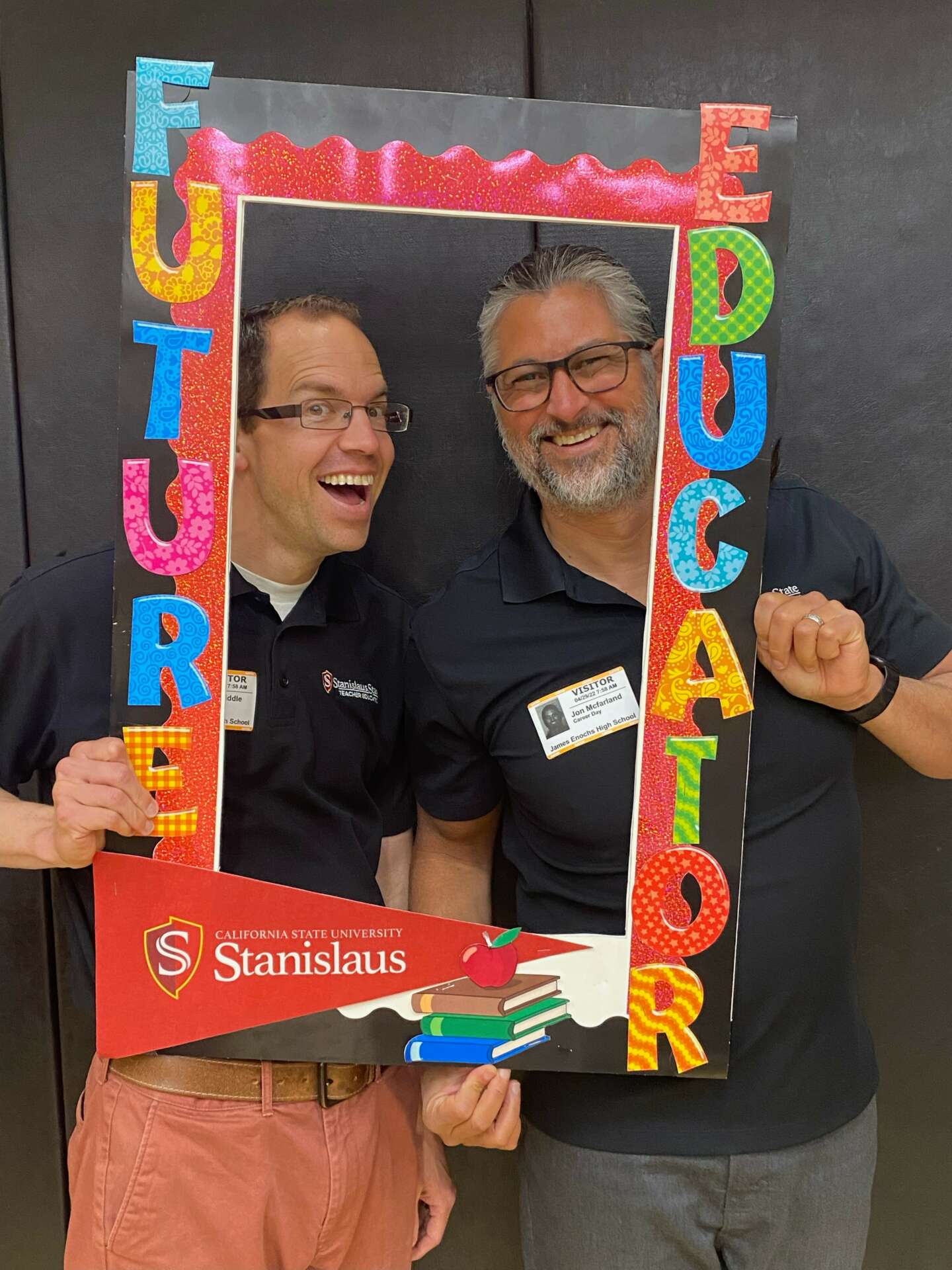
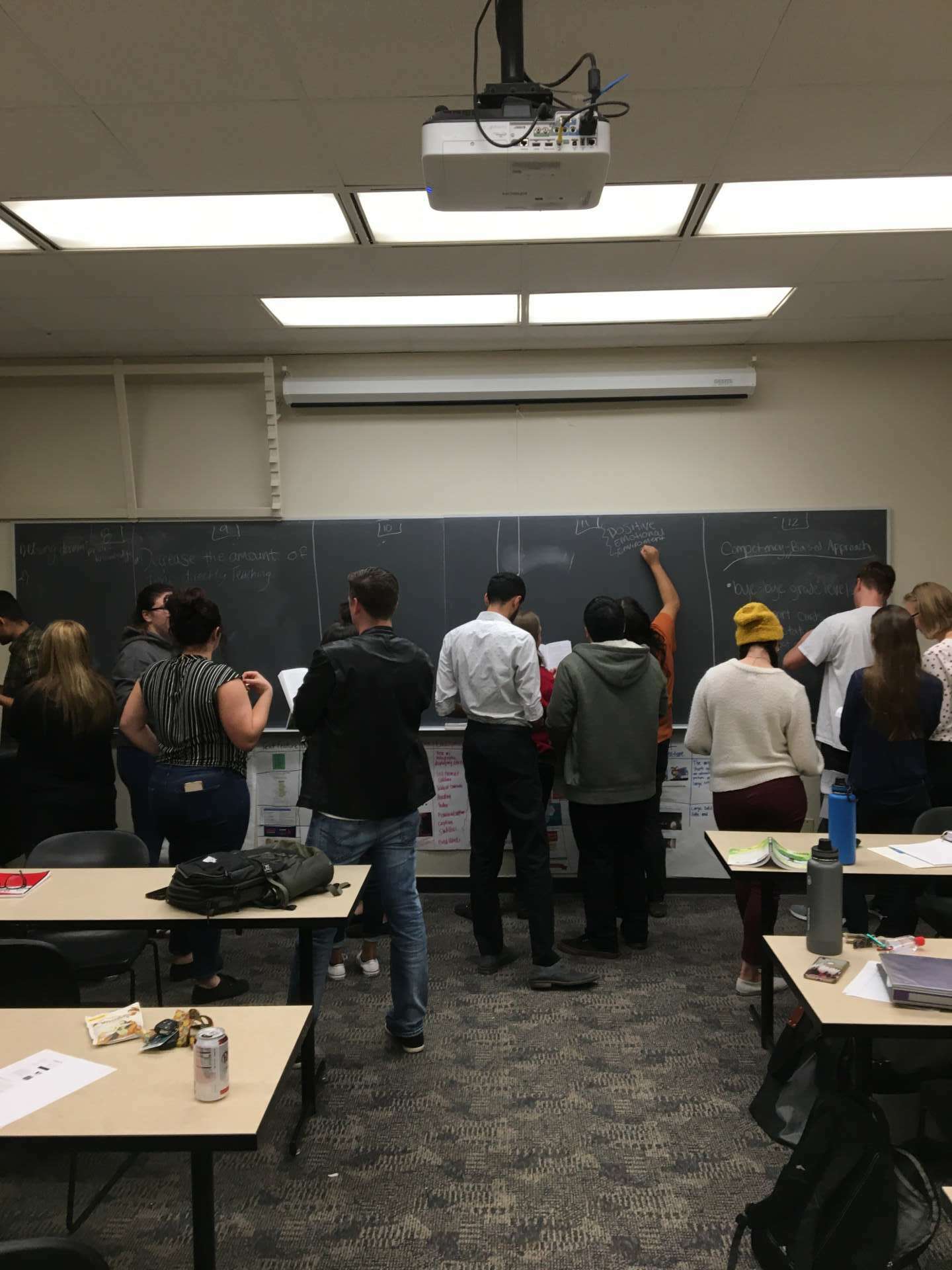
As always, we appreciate you sharing your insights and we’ve got a few more questions for you, but before we get to all of that can you take a minute to introduce yourself and give our readers some of your back background and context?
I was born and raised in O’ahu, Hawai’i. I attended the University of Hawai’i, Manoa, for both undergraduate and graduate work. I later moved to California where I taught at a Title I high school in Southern California between 2002-2018. Within that time, I completed my doctorate in Educational Leadership from California Lutheran University and had taught at several institutions of higher education.
In 2018, I joined the faculty at California State University Stanislaus as an Assistant Professor of Teacher Education in the Single Subject Credential Program to prepare upcoming secondary school teachers. I am now the current Department Chair of Teacher Education, the Bilingual Authorization Coordinator, and Intern Coordinator that supports three distinct teacher preparation programs within our department.
When first arriving at CSU Stanislaus, I soon realized that our teacher credentialing programs did little to prepare teachers to work with LGBTQ+ youth and the issues they face in our K-12 schools. Teaching courses on promoting equity, diversity, and inclusion in K-12 schools has afforded me opportunities to develop curricula that include content that better prepares pre-service teachers to better support this group of youth.
My research interests include the utilization of gamification in academic settings, issues of student motivation and engagement, effective teaching methods for English learners, and matters of equity and inclusive curriculum in secondary schools. As part of my service to the community, I have been the Chair and Professional Development Coordinator for GLSEN Merced, a non-profit organization that advocates for safe schools for all students, specifically, for LGBGTQ+ students in K-12 schools. Currently, I am the Executive Director of Central Valley Pride Youth Initiatives, the educational strand of Central Valley Pride, located in Merced, CA. We expand our services to the community by regularly conducting professional development training for schools and school districts throughout the state of California on LGBTQ+ issues and how to best support this population of students.
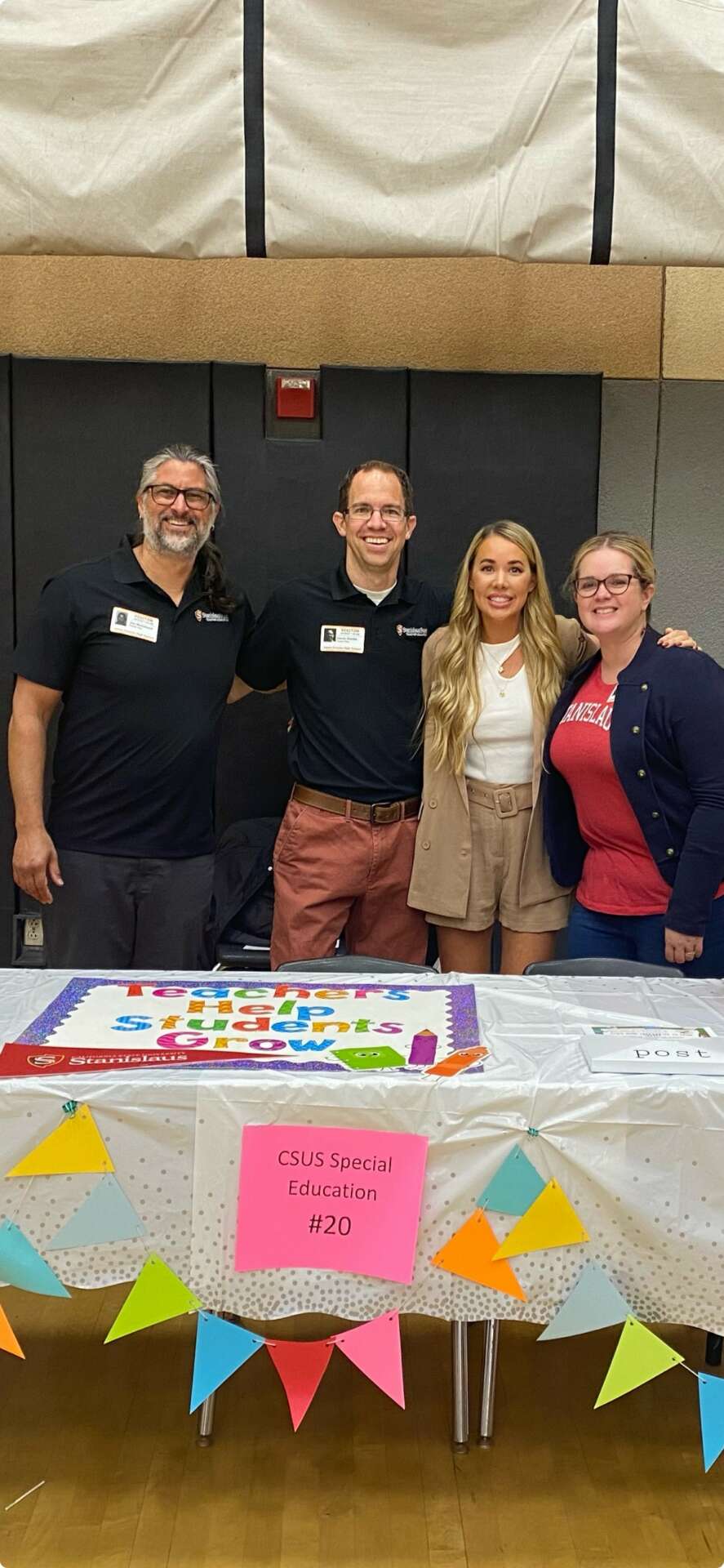
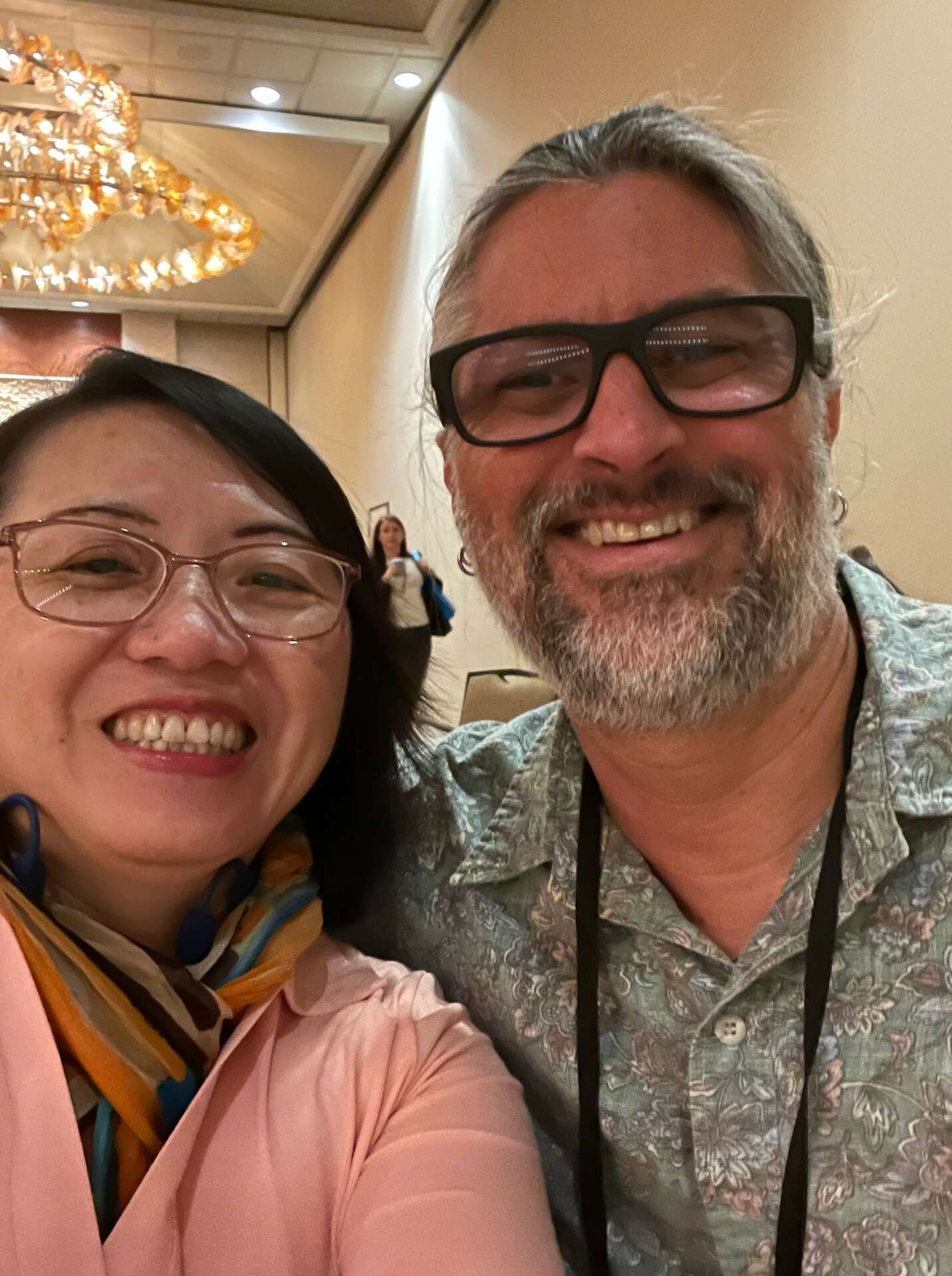
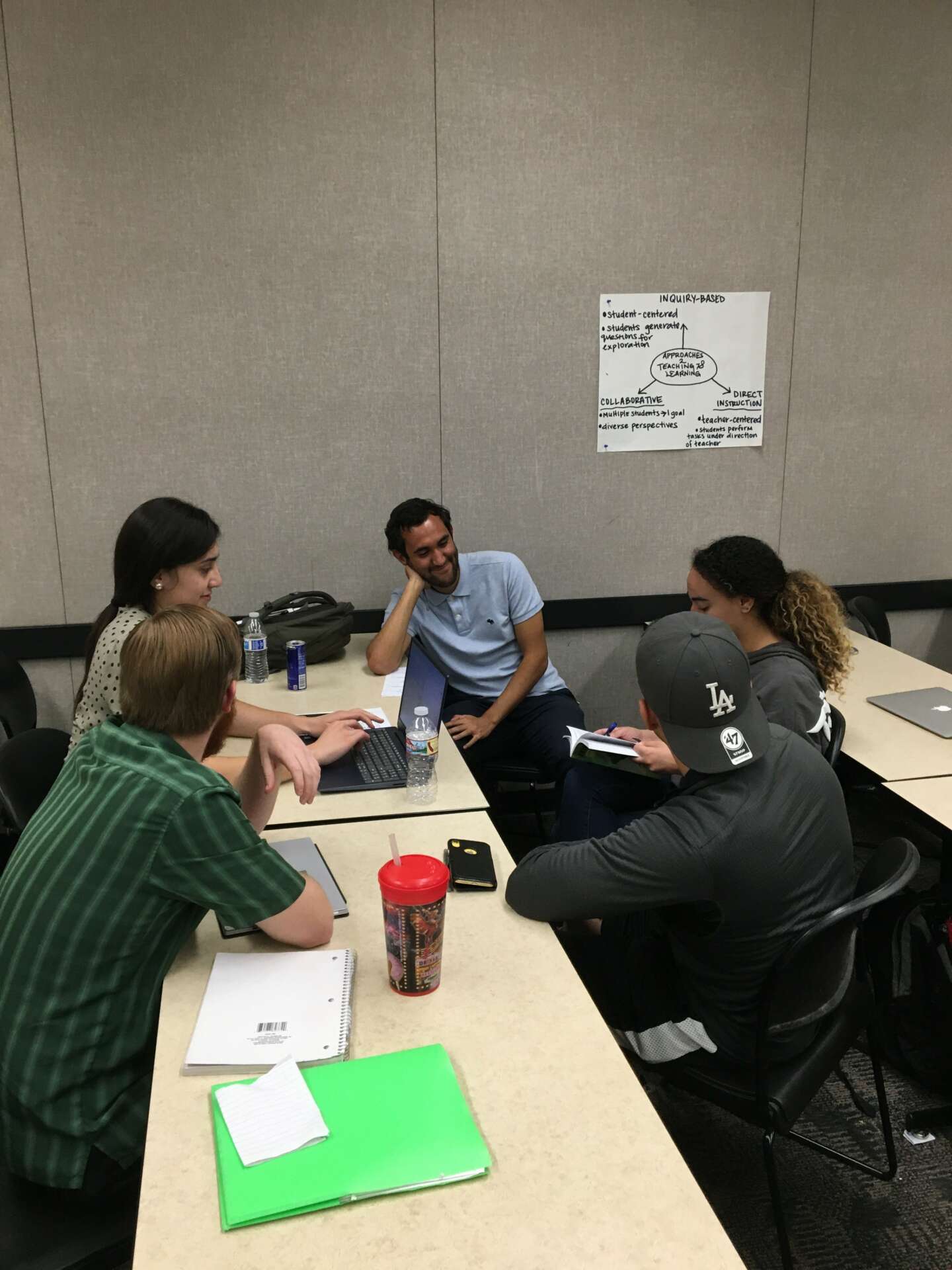
Have you ever had to pivot?
My higher educational journey has taught me to be patient and that the road to our professional end-goal is not always linear. I came to California ini 1999 to attend University of California, Santa Barbara, where I entered a doctoral program to study medieval French literature. While I enjoyed learning the content, I realized that after three years of study that there were few jobs in higher education requiring such specific expertise, and living on student loans in my late 20s was no longer a feasible option. Soon after, I left the university to teach in a public high school in Ventura County.
While at first I was disappointed for having to put my initial dream of teaching full-time in higher education on the back-burner, I recognize that it was the best thing I could have ever done for me personally and professionally. Working with the amazing secondary school students at Pacifica High School in Oxnard, CA ended up being the grounding foundation upon which I was able to develop as the empathetic educator I needed when I was growing up. I learned the ins and outs of public education and the incredible impact teachers can make on their students. I learned that my students were not empty vessels into which I would pour knowledge. My students were greater than the content I was teaching and their development as whole beings was foundationally more important than my subject matter. I learned to weave what I was teaching into the fabric of my students’ lives by making relevant connections to their daily experiences and provide connective context that they were able to transfer outside of my classroom. Many of my students came from low socioeconomic backgrounds and had preconceived notions that their futures could not extend beyond their local postal code. I was able to pull from my own personal struggles to help them advocate for their own personal, academic, and socio-emotional success.
My time as a high school teacher allowed me to find a more refined focus and drive when I decided to go back to graduate school to earn my doctorate in education. Despite the long hours of working as a full-time teacher and full-time graduate student conducting research and writing a dissertation, I do not regret the seventeen year curve it took for me to finally earn my doctorate. In my current position as an Associate Professor of Teacher Education, I have been able to pull from previous professional experiences to inform current decisions that impact my department and communities I serve.
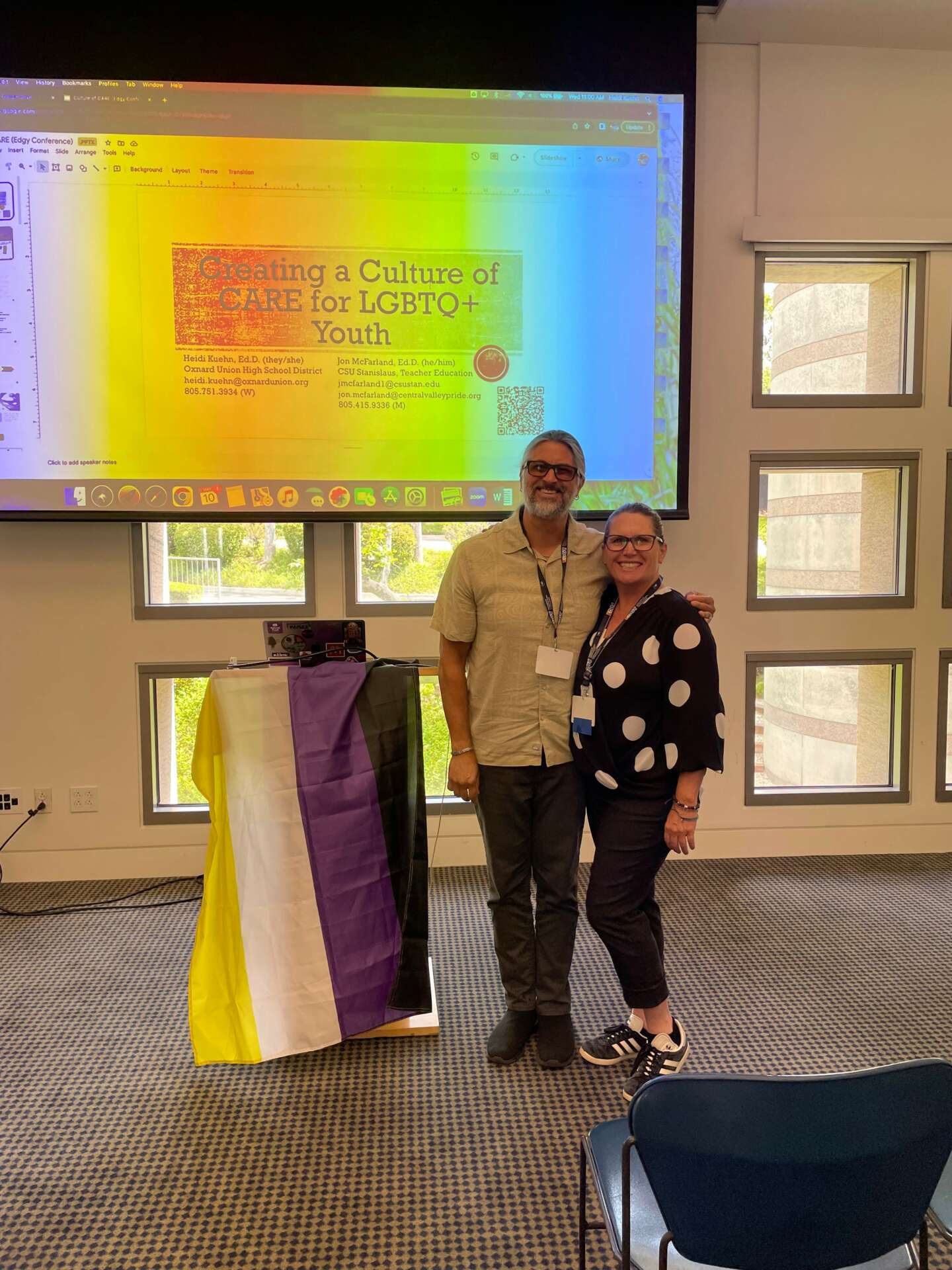
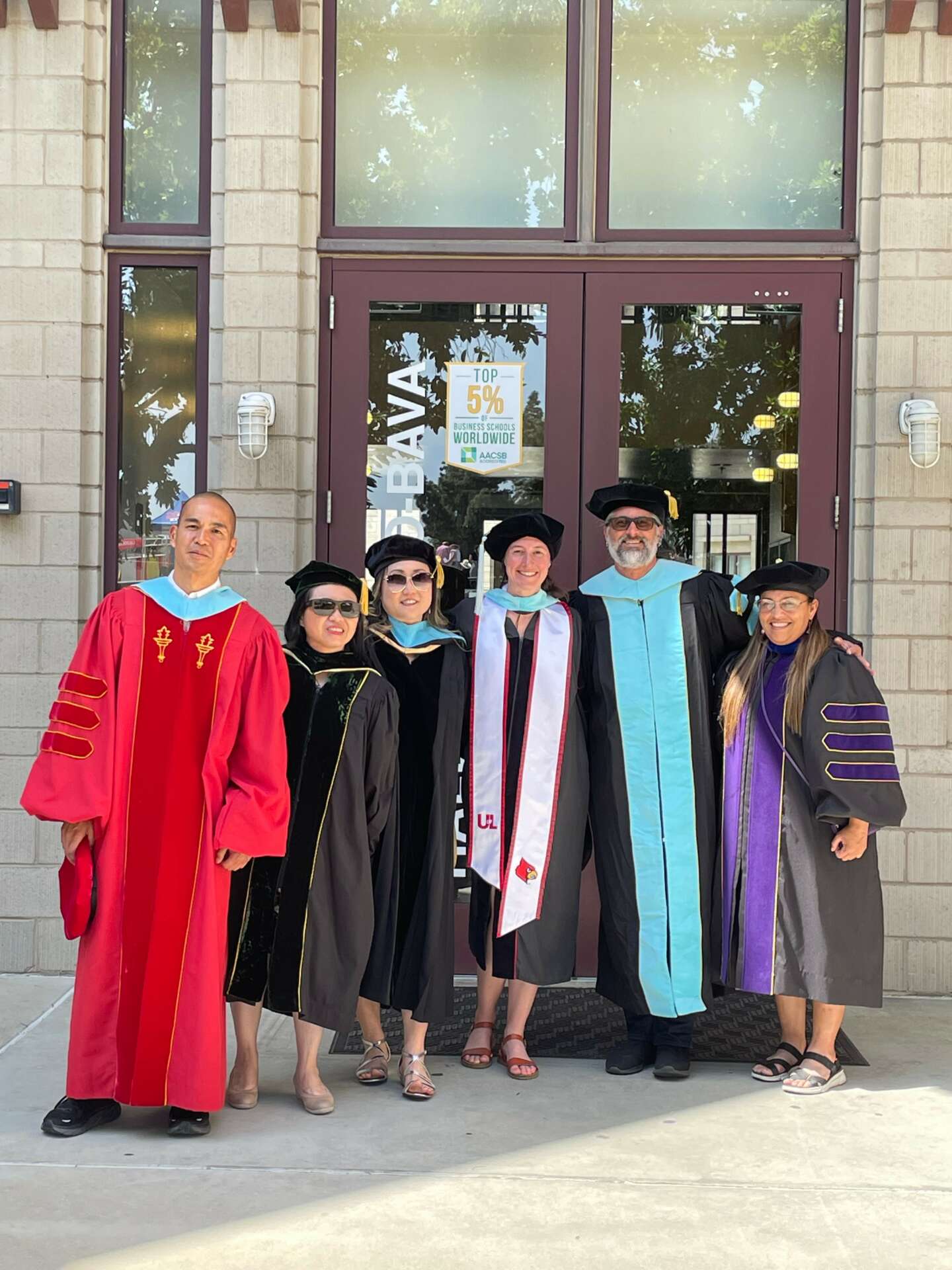
Can you share a story from your journey that illustrates your resilience?
Resilience for me means never giving up and learning from the hard times. There have been many moments in my life when I felt like giving up. As a young boy, admitting to myself that I was gay was shameful and a realization I was not prepared for. I remember living a lie for many years, turning to alcohol and drugs to help cope with my internal emotional turmoil, and experiencing depressive episodes throughout my teen years.
Teachers are often influential in a child’s journey of self-discovery, but not always in a positive way. While I had some very good teachers growing up, many did not understand the feelings I was dealing with internally. When I tried seeking help from those teachers I trusted and thought would support me, they ended up shunning me and turning me away, only for me to deal with my depression, shame, identity, and sexuality alone without empathetic guidance. I vowed to be the teacher who never turned away a student for being different than myself.
It took a long time for me to accept and love myself for the person I am today. My time as an educator for almost three decades has allowed me to not only be the teacher I never had but also to teach my students to be their own advocates for agentic change in our educational system and in their professional lives.
Contact Info:


